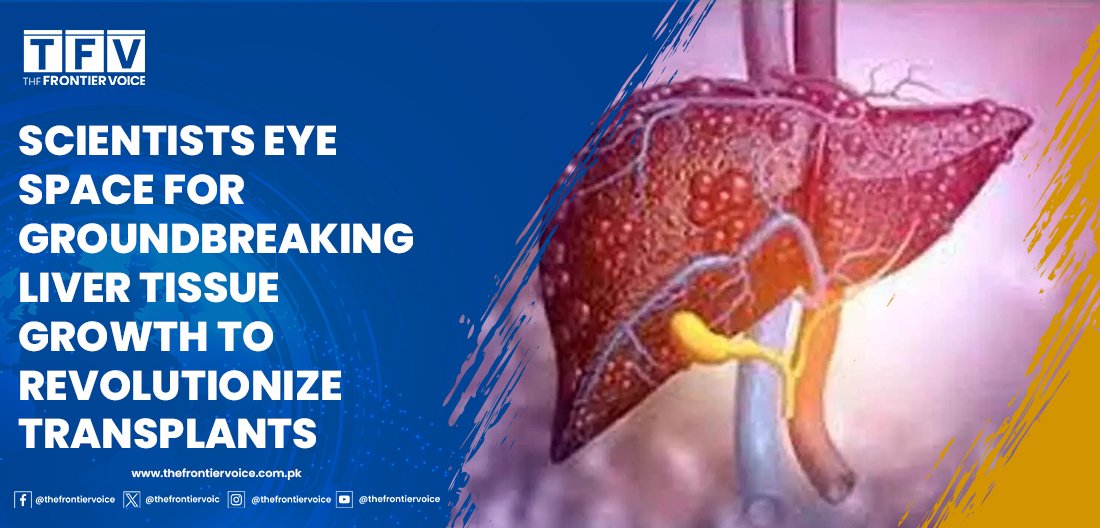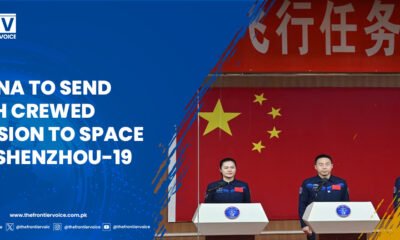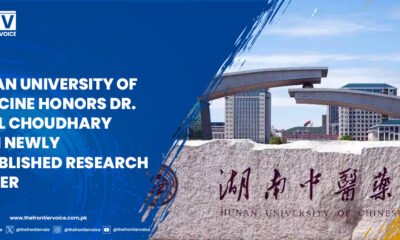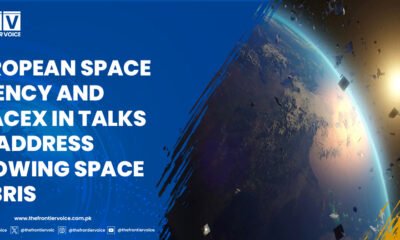TECHNOLOGY
Scientists Eye Space for Groundbreaking Liver Tissue Growth to Revolutionize Transplants

In a revolutionary development for medical science, scientists are aiming to grow human liver tissues in the microgravity conditions of space, potentially transforming the future of organ transplantation. A new study conducted aboard the International Space Station (ISS) is exploring how low-Earth orbit’s unique environment might solve challenges faced in tissue engineering on Earth.
The research, led by Dr. Tammy T Chang, focuses on the “self-assembly of human liver tissues” in microgravity. Initial findings suggest that space-grown liver tissues show better differentiation and functionality than their Earth-grown counterparts. If successful, these tissues could serve as viable alternatives or supplements to traditional liver transplants.
However, preserving these tissues for return to Earth is a challenge scientists are tackling with a method called isochoric supercooling. This technique cools the tissues below freezing without causing damage, potentially extending their usability for medical applications such as disease modeling, drug testing, and even therapeutic implants.
“Our goal is to develop robust preservation techniques that allow us to bring functional tissues back to Earth,” said Dr. Chang. This cutting-edge research could pave the way for not only liver transplants but also whole organ preservation in the future.












